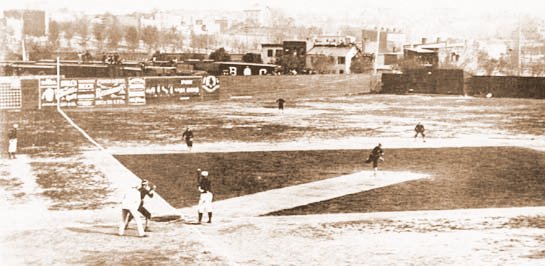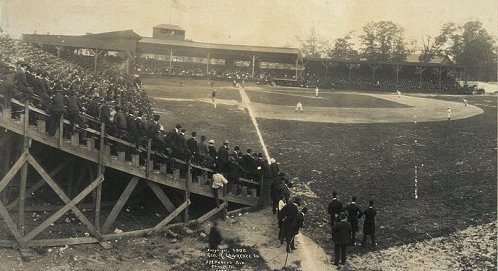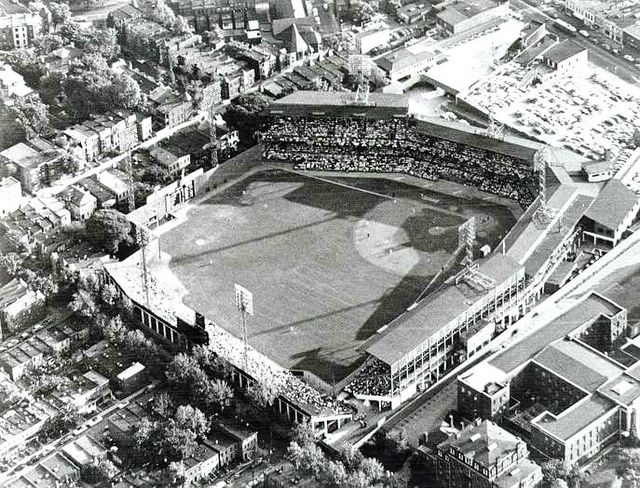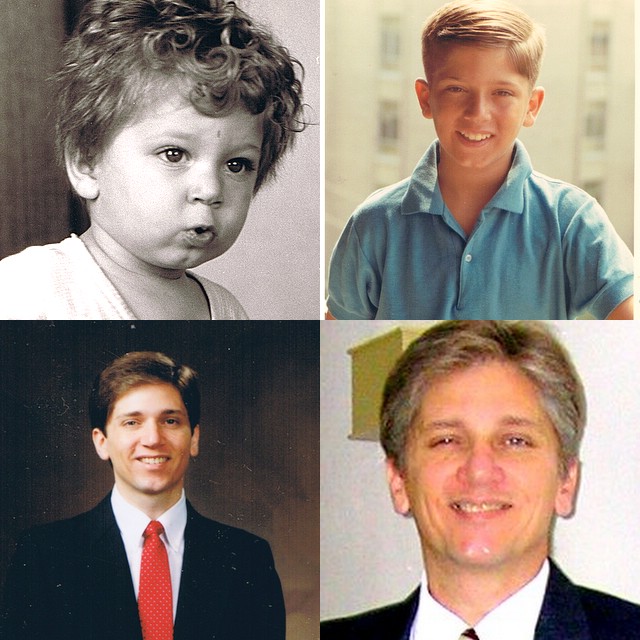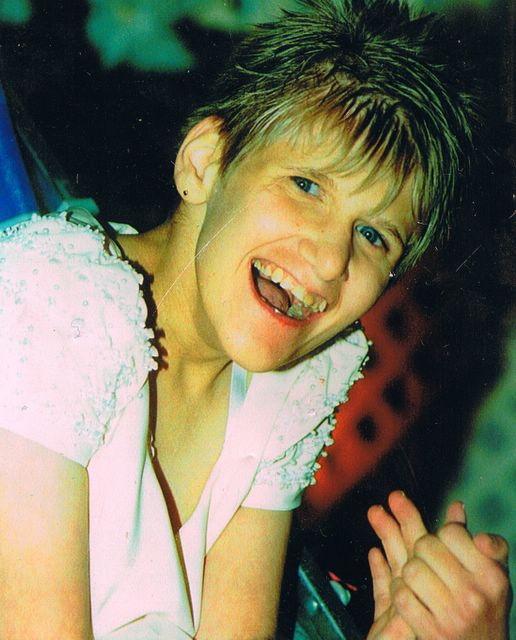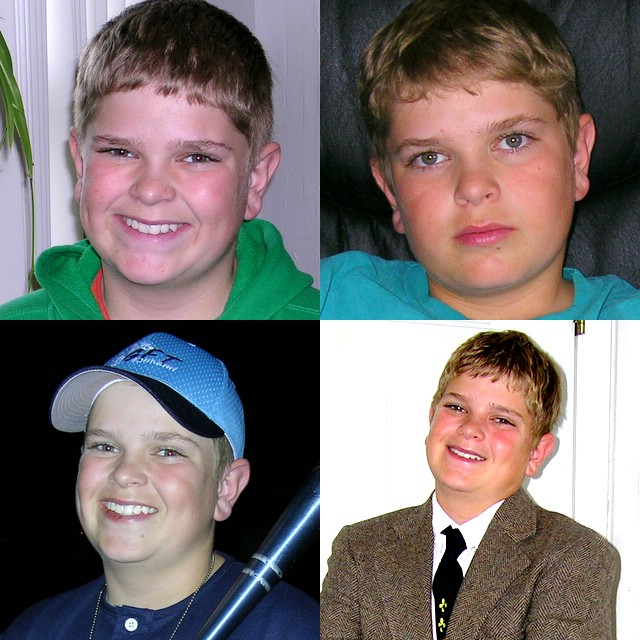The Arbitration Man Commeth ...
 [February 9th] -- Today is the day. Alfonso Soriano goes before the arbitration panel in hopes of winning his case and a $12 million dollar payday. The Nationals also go before the arbiters this morning, hoping to sign the former Ranger for about $2 million dollars less. Thus far, one player (Emil Brown of the Royals) has won and one (Sunny Kim of the Colorado Rockies) has lost.
[February 9th] -- Today is the day. Alfonso Soriano goes before the arbitration panel in hopes of winning his case and a $12 million dollar payday. The Nationals also go before the arbiters this morning, hoping to sign the former Ranger for about $2 million dollars less. Thus far, one player (Emil Brown of the Royals) has won and one (Sunny Kim of the Colorado Rockies) has lost.
Jim Bowden and the Washington Nationals acquired Alfonso Soriano to be their center fielder in 2006. They also hoped to lock the soon-to-be free agent to a long term deal once the new ownership group had settled in. This is a time where management needs to be soothing Soriano's concerns, to bake him cookies and tuck him in at night. They should be telling him how cute he looks in his new blue jeans, and offer him the keys to the corporate car for his "hot date" next Saturday night.
Instead, Soriano and his agent will sit in a small, poorly decorated room in the bowels of an art deco hotel in St. Petersburg Florida.
 Soriano will listen as the Nationals slice and dice him like a Popeil "vegomatic." He'll likely loose his arbitration. Then, in a few weeks, he'll again be asked to move to the outfield and sign a long term contract.
Soriano will listen as the Nationals slice and dice him like a Popeil "vegomatic." He'll likely loose his arbitration. Then, in a few weeks, he'll again be asked to move to the outfield and sign a long term contract.
Right.
No one thought that the process of arbitration would come to this. It was designed as a simple process where the player would tell a single arbiter why he deserved to earn his salary demand, and the team would indicate why their number was more realistic. Back when arbitration began, the difference between the two numbers was measured in tens of thousands of dollars. Today, millions of dollars separate the sides, and both now employ powerpoint presentations, highlight reels and display boards designed by graphic artists to help make their points.
It makes sense, then, that the room designated for baseball arbitrations is known as the "morgue." Brewers general manager Doug Melvin took part in Lee Ste vens' arbitration case when he was with the Texas Rangers. He left the process feeling sick. "It was like having an autopsy done while you're still alive."
vens' arbitration case when he was with the Texas Rangers. He left the process feeling sick. "It was like having an autopsy done while you're still alive."
There is a long table in the middle of the room; the player and his attorney sit at one end and the team's lawyers and representative sit one the other. In the middle is the three member arbitration panel. For the first hour, the player's agent offers a multi-media presentation of long home runs and spectacular diving catches. After a short break, it's management's turn, who begins to attack the player with all the compassion of a corporate lawyer. The agent then rebutts for thirty minutes, as does the team.
Finally, mercifully, three hours after it began, it's over.
There are no smiles when the two sides walk out of the conference room. The player, who had been prepped by his agent as to what to expect, was still not ready for what he had to sit through. He isn't fast enough. His mechanics are OK but doesn't think.  He tries to be a home run hitter when he's not. He'd be a designated hitter if the National League would allow it. He might have driven in 90 runs last year, but his 33 errors allowed 28 un-earned runs to score.
He tries to be a home run hitter when he's not. He'd be a designated hitter if the National League would allow it. He might have driven in 90 runs last year, but his 33 errors allowed 28 un-earned runs to score.
It's horrendous.
Occasionally, players learn from the process. Royals' GM Allard Baird remembers a particularly caustic arbitration involving his star outfielder, Carlos Beltran. During the first day of spring training, Baird caught Beltran out of the corner of his eye as he jogged across the practice field heading directly for him. "I felt bad because Carlos was such a good kid, but I had to do my job that day in St. Pete. I thought he was going to be mad at me for what I had said. He wasn't. He told me that he was going to work hard in spring training to correct some problems with his game. Those problems turned out to be those things I mentioned in arbitration. Amazing."
Alfonso Soriano is no Carlos Beltran. Bowden will point out that, true, Soriano hit a lot of home runs last year, but most of them were at his home park which exaggerates offensive production. He'll show the panel Soriano's woeful road numbers as proof. He'll compare Soriano to other players making $12 million per year. He'll point out his embarassingly low on base percentage. Bowden will show the arbiters how Soriano will actually cost his team some wins in 2006 because he won't be patient at the plate. Bowden will then take a drink of water and address the panel this way: "I'd like to show you now a video tape of most of Mr. Soriano's defensive errors over the past five years. I say 'most' because we don't have enough time to show you all of them. Mr Soriano has made 109 errors in his last five major league campaigns. That number is the highest in the major leagues. By comparison, Ray Durham and Jeff Kent are tied for the second highest number of errors with only 59."
Since arbitration began in 1973, the team has won more than 60% of the time, and as salaries have increased exponentially the last decade, the players are winning fewer and fewer of their cases. Understanding the damage that arbitration causes, both players and teams shun the process whenever possible. Both sides try to be fair. Of course, when Alfonso Soriano is involved, it's impossible to try to agree to be fair. Soriano wants what Soriano wants, and Soriano will do what Soriano wants to do.
After today, there may be no chance that Alfonso Soriano will ever play a day with the Washington Nationals. At this point, I don't know if that's a good thing or a bad thing. I do know I want all of the team's question marks to be answered before the start of spring training.
I'd love to be a fly on the wall of the "morgue" this morning, though.









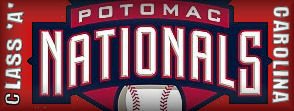

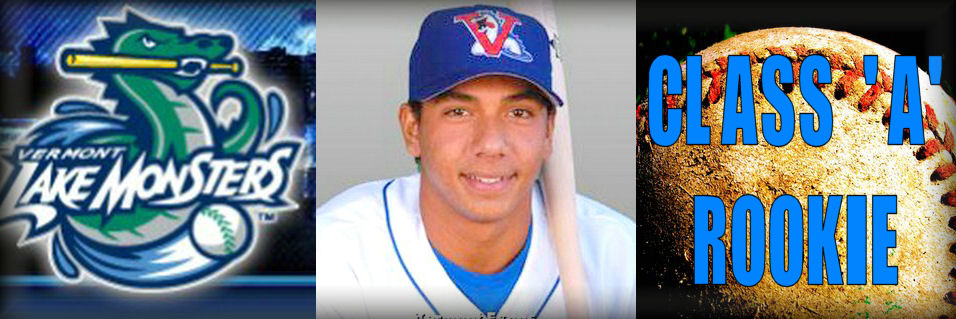















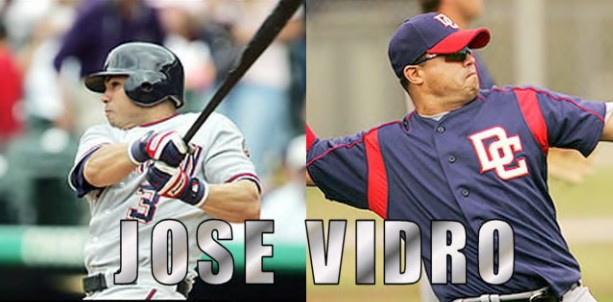




















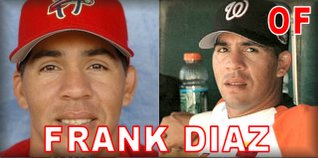


 3) 1926 (road) --- 4) 1936-'37, 1948-'51
3) 1926 (road) --- 4) 1936-'37, 1948-'51 3) 1968 - '71, and 2005 (home) --- 4) 2005 (road)
3) 1968 - '71, and 2005 (home) --- 4) 2005 (road) Buddy Meyer --- Walter Johnson
Buddy Meyer --- Walter Johnson Ed Yost --- Muddy Ruel
Ed Yost --- Muddy Ruel Roger Peckinpaugh --- Joe Cronin
Roger Peckinpaugh --- Joe Cronin Del Unser --- Darold Knowles
Del Unser --- Darold Knowles Ed Stroud - Mike Epstein
Ed Stroud - Mike Epstein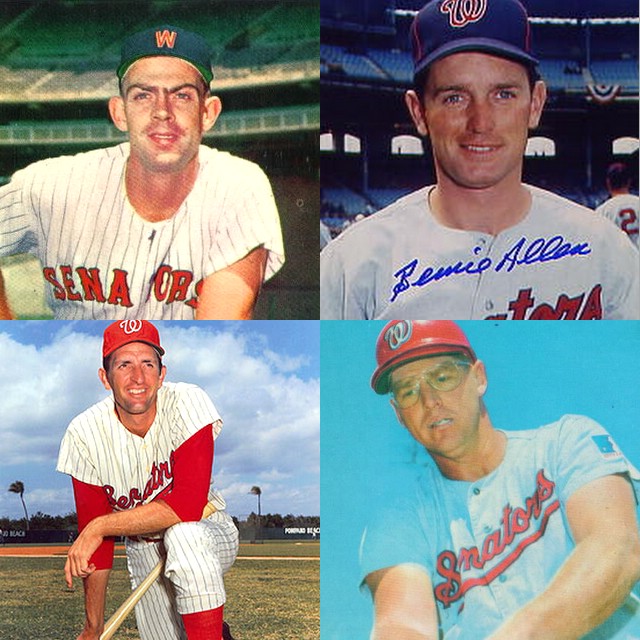 3)1968 -- 4)1969 - 1971
3)1968 -- 4)1969 - 1971